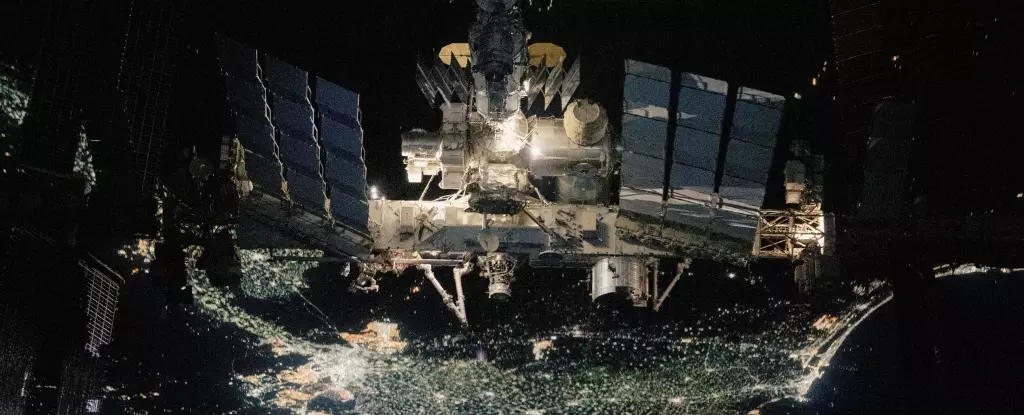The audio of a flight surgeon dealing with an emergency on the International Space Station (ISS) while stuck in traffic triggered a brief panic on the evening of June 12 CDT. The unidentified speaker was in a phone call discussing a situation where a commander would require hyperbaric treatment after experiencing decompression sickness. The prognosis for the commander was described as “relatively tenuous.” ISS mission control later confirmed that the audio was a ground simulation mistakenly broadcast to the ISS livestream channel while all crew members were safely asleep.
Decompression sickness is a serious hazard that astronauts face in space. It occurs when transitioning rapidly from a pressurized environment to a less pressurized one. The interior atmosphere of the ISS mimics Earth’s atmosphere, with a composition of 79% nitrogen and 21% oxygen at a pressure close to sea level. However, the exterior environment of the ISS has almost zero pressure. Without proper protection like a sealed spacesuit, astronauts can experience decompression sickness when moving between these environments.
When exposed to a lower-pressure environment too quickly, gases dissolved in the body form bubbles that can obstruct blood vessels, rupture tissue, cause internal bleeding, and trigger an inflammatory immune response. Severe cases of decompression sickness can be fatal. This condition is not exclusive to space; divers who ascend too rapidly from deep-water environments can also suffer from decompression sickness, known as the bends.
Decompression sickness aboard the ISS would signify a critical issue such as a module breach, faulty spacesuit, or procedural error. Fortunately, the reported emergency turned out to be a simulation mishap, highlighting the importance of preparedness and training of ground personnel in handling potential emergencies with composure.
The incident serves as a reminder of the inherent risks associated with space travel and the importance of stringent safety protocols to protect astronauts in extreme environments. While the audio mishap caused a momentary panic, it also highlighted the readiness of mission control to respond swiftly to any perceived emergencies, ensuring the well-being and security of those aboard the International Space Station.


Leave a Reply